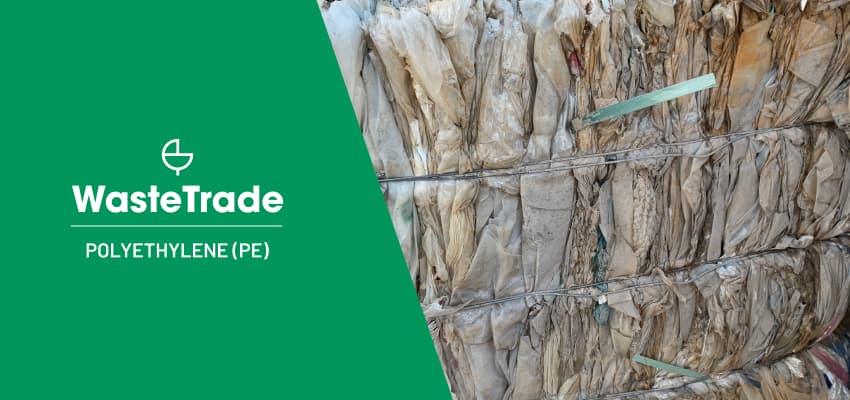The world is facing the problem of plastic waste, with thousands of tonnes of waste accumulating in oceans and landfills each year. The most frequently utilized types of plastic are PET (polyethylene Terephthalate) that is utilized to make plastic bottles for water, food packaging as well as other items that we use every day. But, WasteTrade has recognized the importance the recycling of PET as well and taken steps to make it an essential element of their waste management procedure. In this blog post we will look at the reasons PET Recycling is an essential part of the process at WasteTrade is essential to combat the plastic waste crisis.

The production and use of single-use plastics are on the rise in recent years, leading to a significant increase in plastic pollution. According to a report from National Geographic, only 9% of all plastic ever produced has been reused. This alarming figure highlights the urgent need for effective recycling techniques for various types of plastics. This includes PET.
PET is one type of plastic that is easily recycled into new products without losing its original quality or properties. WasteTrade recognizes this potential and has developed a comprehensive PET recycling program as part of its waste management solutions. By separating and processing used PET products using a variety of methods of sorting, such as the shredding process and wash, WasteTrade ensures that these products are not disposed of in landfills or oceans.
What is the significance of this? Firstly, by diverting these materials from landfills and oceans using proper recycling techniques such as those offered by WasteTrade and WasteTrade, we can cut down on the environmental impact significantly. Plastics require hundreds or many thousands of years decay naturally; therefore they remain harmful to our environment even after they are disposed off in a way that is not properly.
Moreover, when plastics end up in our oceans or in other natural habitats instead of being recycled properly at facilities such as WasteTrade's plant-based facility, they are a major threat to marine life and the health of humans. Animals in the marine environment often take plastic waste as food, leading to ingestion and entanglement that can be fatal. Additionally, plastics break down into microplastics with time, which can enter through the food chain. They can can have negative health effects for humans.

Additionally, WasteTrade's PET recycling program assists in reducing demand for virgin plastic production. Through recycling old PET materials into fresh ones WasteTrade contributes to the circular economy, where resources are reused instead of being discarded after one use. This helps reduce the necessity of extraction of raw materials and the process that consume energy to produce new plastics.
Conclusion: WasteTrade's PET recycling program is not only beneficial for the environment but also has economic advantages. Through diverting these materials away from landfills or oceans and transforming them into valuable materials through recycling, WasteTrade is creating job opportunities and encouraging sustainable practices in communities.
